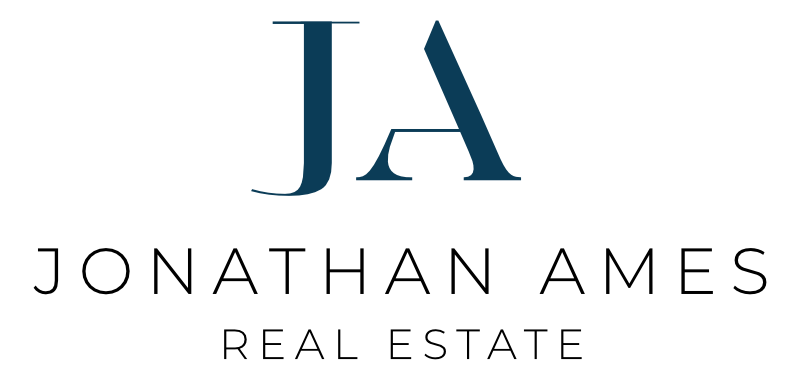Welcome to the Jonathan Ames Real Estate Blog, where we delve into the latest trends, innovations, and solutions shaping the Vancouver real estate landscape. Today, we’re thrilled to shine a spotlight on Lightwell Developments, a trailblazer in multiplex townhome development, and their visionary approach to addressing the housing crisis in our city.
As Vancouver continues to grapple with a housing shortage and affordability challenges, innovative solutions are needed now more than ever. Lightwell Developments stands at the forefront of this movement, pioneering a groundbreaking approach to urban living that redefines the traditional townhome concept.
At Lightwell, our mission is clear: to create vibrant, sustainable communities that seamlessly integrate modern amenities with thoughtful design. Our multiplex townhome developments offer a compelling alternative to traditional single-family homes, providing residents with the space, flexibility, and affordability they need without compromising on quality or comfort.
But what sets Lightwell apart from the rest? It’s our unwavering commitment to innovation and excellence in every aspect of our projects. From meticulous planning and design to sustainable construction practices, we strive to exceed expectations and set new standards for urban living.
Recently, Lightwell Developments had the honor of being featured on the Laidler Academy Podcast, hosted by Bill Laidler. In this insightful interview, Lightwell Developments’ partners delved into the inspiration behind Lightwell, our vision for the future of Vancouver real estate, and the transformative impact of multiplex townhome development. You can listen to the full interview here.
https://youtu.be/ZTTUsf1lxrY?feature=shared
Jonathan Ames Real Estate works closely with Lightwell Developments to acquire and sell properties for development, ensuring that each project is meticulously executed from start to finish. Together, we share a common goal: to shape the future of Vancouver real estate through innovation, collaboration, and a steadfast commitment to excellence.
As we look ahead, the need for innovative housing solutions in Vancouver has never been more urgent. With Lightwell Developments leading the way, we’re confident that multiplex townhome development will play a pivotal role in addressing the housing crisis and shaping the future of urban living in our city.
Join us on this journey of transformation and discovery as we redefine what’s possible in Vancouver real estate. Together, we can build a brighter, more sustainable future for generations to come.
Stay tuned to the Jonathan Ames Real Estate Blog for more updates, insights, and stories from the forefront of Vancouver’s real estate revolution.

